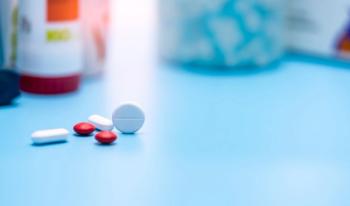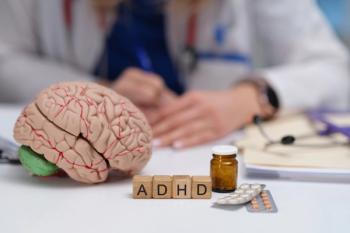
Integrative Treatments of ADHD Studies
To help you stay abreast of research findings about widely used complementary and alternative approaches to the treatment of ADHD, you'll find results from several pivotal studies summarized here.
What the Evidence Suggests
To help you stay abreast of research findings about widely used complementary and alternative approaches to the treatment of ADHD, you'll find results from several pivotal studies summarized here.
Dietary Changes
• 75% improved with restricted diet, however symptoms recur when food colorings and additives reintroduced
• Improved behavior and attention scores
Rowe KS, Rowe KJ. Synthetic food coloring and behavior: a dose response effect in a double-blind, placebo-controlled, repeated measures study. J Pediatr. 1994;125(5, pt 1):691-198.
Dengate S, Ruben A. Controlled trial of cumulative behavioral effects of a common bread preservative. J Paediatr Child Health. 2002;38:373-376.
See:
For the next slide,
Herbal Preparations
• No improvement in ADHD symptoms
• Significant improvements in hyperactivity, inattention, and visual-motor coordination
• No improvements over placebo in short-term memory, working memory, executive procession, etc
Nathan PJ, Tanner S, Lloyd J, et al. Effects of a combined extract of Gingko biloba and Bacopa monnieri on cognitive function in healthy humans. Hum Psychopharmacol. 2004;19:91-96.
Yorbik O, Ozdag MF, Olgun A, et al. Potential effects of zinc on information procession in boys with attention deficit hyperactivity disorder. Prog Neuropsychopharmacol Biol Psychiatry. 2008;32:6620667.
See:
For the next slide,
Essential Fatty Acids
• Short-term memory improved in control group but not docosahexaenoic acid group
• No differences in parent or teacher ratings of behavior or cognition; significant improvements in behavior and inattention correlated with reduced arachidonic acid to essential fatty acids ratio and global severity of illness scores
• No serious adverse effects reported
Hamazaki T, Hirayama S. The effect of docosahexaenoic acid-containing food administration on symptoms of attention-deficit/hyperactivity disorder: a placebo-controlled double-blind study. Eur J Clin Nutr. 2004;58:838.
See:
Newsletter
Access practical, evidence-based guidance to support better care for our youngest patients. Join our email list for the latest clinical updates.








